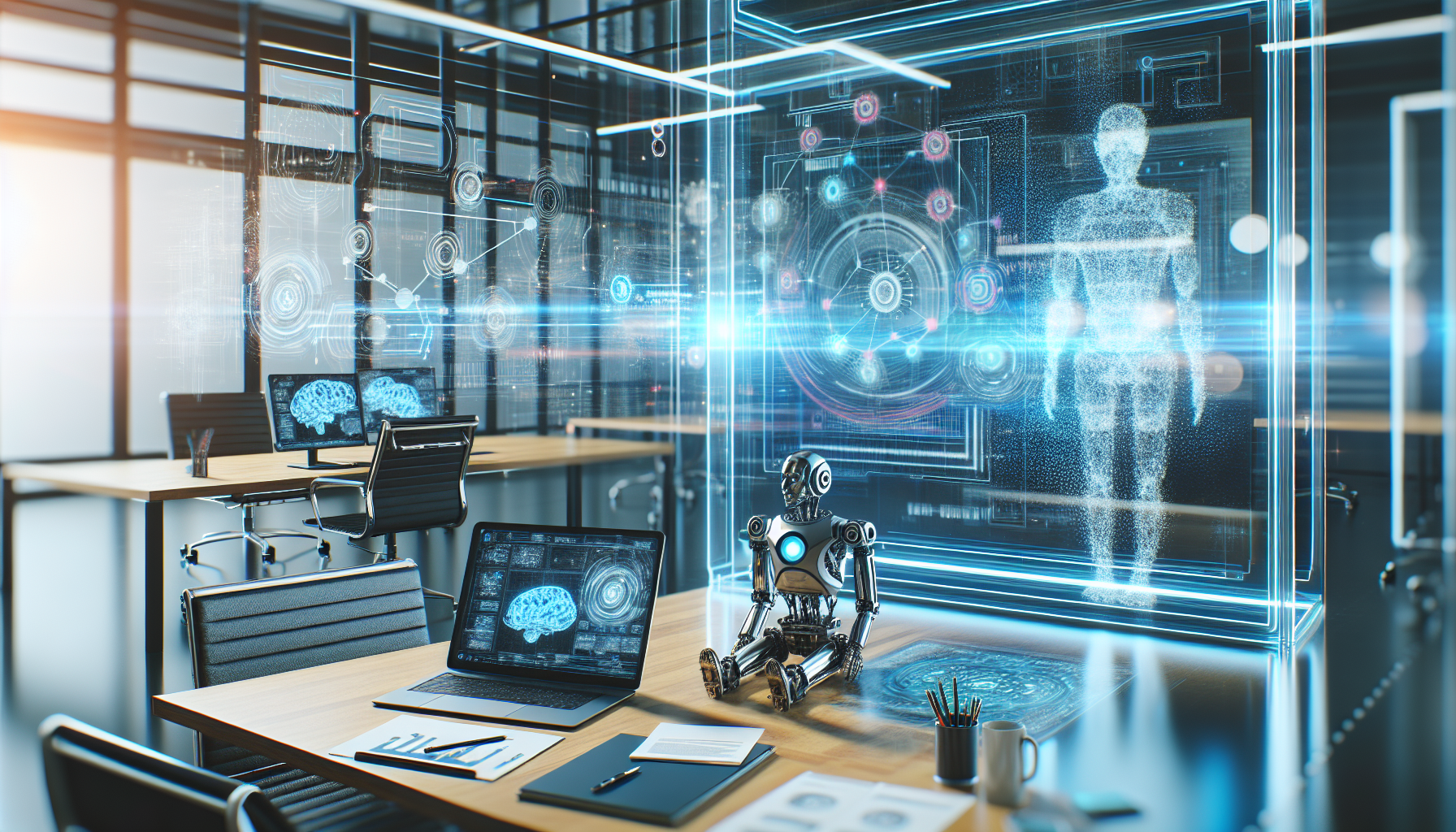
Exploring the Cosmos: A How-To Guide on the Future of AI in Space Exploration
June 27, 2025
Welcome aboard our cosmic journey into the future of artificial intelligence in space exploration! Imagine a universe where machines and humans work together to unravel the mysteries of the cosmos. Sounds intriguing, right? Let’s dive into the nuts and bolts of how AI is set to revolutionize our quest for knowledge beyond Earth, and how you can be part of this fascinating story.
First things first, let's talk about the role of AI in space exploration. Think of AI as the ultimate space sidekick. It's like having an incredibly smart friend who never gets tired and can calculate orbit trajectories faster than you can say "interstellar." One of the most exciting aspects of AI in space is its ability to process vast amounts of data. When you’re dealing with light-years of distance and data packets that would make even the most seasoned data analyst's head spin, AI steps in to sort, analyze, and interpret this information at lightning speed.
Now, you might be wondering, how exactly does AI help us navigate the stars? Picture this: a spacecraft on a mission to explore a distant planet. Equipped with AI, it can autonomously make real-time decisions without waiting for instructions from Earth. This ability is crucial, especially when communication delays stretch from minutes to hours. AI-driven systems can adjust course, avoid obstacles, and even identify scientific phenomena of interest, all on their own.
But it’s not just about navigation. AI is also playing a pivotal role in the search for extraterrestrial life. By using sophisticated algorithms, AI can sift through signals from space, identifying patterns that humans might miss. This process, known as signal processing, is like searching for a cosmic needle in a haystack. With AI, we have a much better chance of finding that needle.
Now, let’s shift gears and discuss how AI can help us conduct experiments in the hostile environment of space. Traditional space missions require astronauts to perform experiments manually, which can be risky and time-consuming. Enter AI-powered robots. These intelligent machines can perform experiments with precision and efficiency, reducing the risk to human life. For instance, AI robots can operate in environments that are too dangerous for humans, such as the surface of Mars or the icy moons of Jupiter.
Moreover, AI's predictive capabilities are a game-changer for space exploration. By analyzing historical data, AI can predict potential mechanical failures or environmental hazards, giving mission control teams a heads-up to mitigate risks. It’s like having a crystal ball that helps ensure the safety and success of space missions.
As we explore the cosmos, collaboration between AI and humans is paramount. AI can handle the heavy lifting of data processing and autonomous operations, but it’s the human touch that guides these missions with creativity and intuition. This synergy is at the heart of future space exploration strategies.
So, how can you get involved in this exciting field? Whether you’re a budding scientist, an engineer, or simply an enthusiast, there are numerous ways to contribute to the future of AI in space exploration. Start by delving into the fundamentals of AI and machine learning. Online platforms offer courses that can help you understand the basic principles and applications of AI technology.
Next, consider participating in space-related hackathons or join online communities focused on AI and space exploration. These platforms are great for networking, sharing ideas, and collaborating on innovative projects. And who knows, your next big idea might be the breakthrough that propels us further into the stars.
Finally, keep an open mind and stay curious. The universe is vast and full of surprises, and AI is the key that can unlock its secrets. As we stand on the brink of a new era in space exploration, it's worth asking: how can we harness the full potential of AI to not only explore the cosmos but also understand our place within it?
So, as you ponder these possibilities, remember that the future of space exploration is not just up there among the stars—it’s also right here, in the innovative ideas and collaborative efforts of those who dare to dream big. Why not be one of them?

